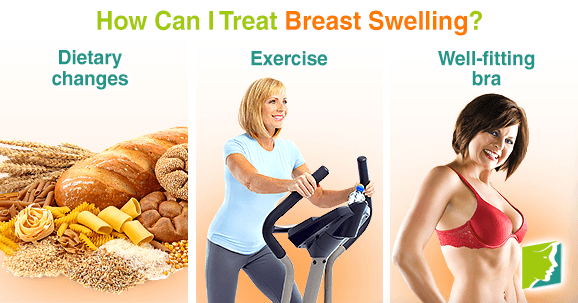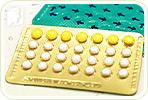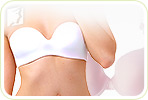Breast swelling is normally a response to hormonal fluctuations, and women most often experience it during their menstrual cycle or menopause. Breast swelling is usually accompanied with some sort of tenderness, and this can range from being quite mild to severe in intensity. In some cases, the swelling and tenderness can continue even after menopause. Swelling can be uncomfortable, but fortunately, there are a number of self-help remedies to treat it. Read on to discover common methods that have been shown to help with breast swelling.
Dietary Changes
A low-fat, high-fiber diet is nutritionally beneficial to overall health, so the breasts will react well, too. More specifically, this diet allows the body to function at its best, helping to balance hormone levels. Refined carbohydrates should also be replaced for whole grain options, as this will keep blood sugar at a normal level, regulating the production of estrogen within the body. Upping the blood sugar levels with things like white pasta and bread will only add to the fluctuations causing the swelling. Furthermore, a diet lower in salt and caffeine is also thought to reduce breast swelling and tenderness.
Exercise
Regular exercise normalizes insulin and blood sugar levels, thus hormonal fluctuations are kept to a minimum. It also decreases body fat, excess of which can also wreak havoc on the fragile hormonal balances. Exercise will not work as a short-term measure to get rid of existing pain, but by incorporating daily exercise into your life, you may be able to reduce the intensity and frequency of swelling. It is important to remember, however, that a well-fitting sports bra should always be worn when undertaking any kind of physical exercise, since in the absence of one, the impact can cause tenderness and swelling in the breast area.
Well-fitting Bra
As well as a good bra to do sports, it is equally important to wear a bra that fits well at all times of day. If the bra is too big or too tight, it can cause the breasts to move unnaturally or cause rubbing, both of which can contribute to tenderness, soreness, and swelling. Some women also find that it helps to wear a sports bra at nighttime, so you might want to give this a try, too.
Breast swelling does not affect all women, but these self-help remedies should prove useful to those who experience mild to moderate swelling. Very severe or painful swelling will be helped to some degree using these treatments, but might also need extra intervention from your doctor to go along with a healthy lifestyle. Swollen breasts could also be a sign of another condition that needs treating, and so undergoing extra tests mean this problem could be dealt with swiftly, reducing or eliminating the problem of swollen breasts.
Click on the following link for more information on the 3 approaches to treat breast swelling.
Sources
- National Institutes of Health. (2012). Breast - premenstrual tenderness and swelling. Retrieved September 11, 2014, from http://www.nlm.nih.gov/medlineplus/ency/article/003153.htm
- Northrup, C. (2006). The Wisdom of Menopause. New York: Bantam Dell.




